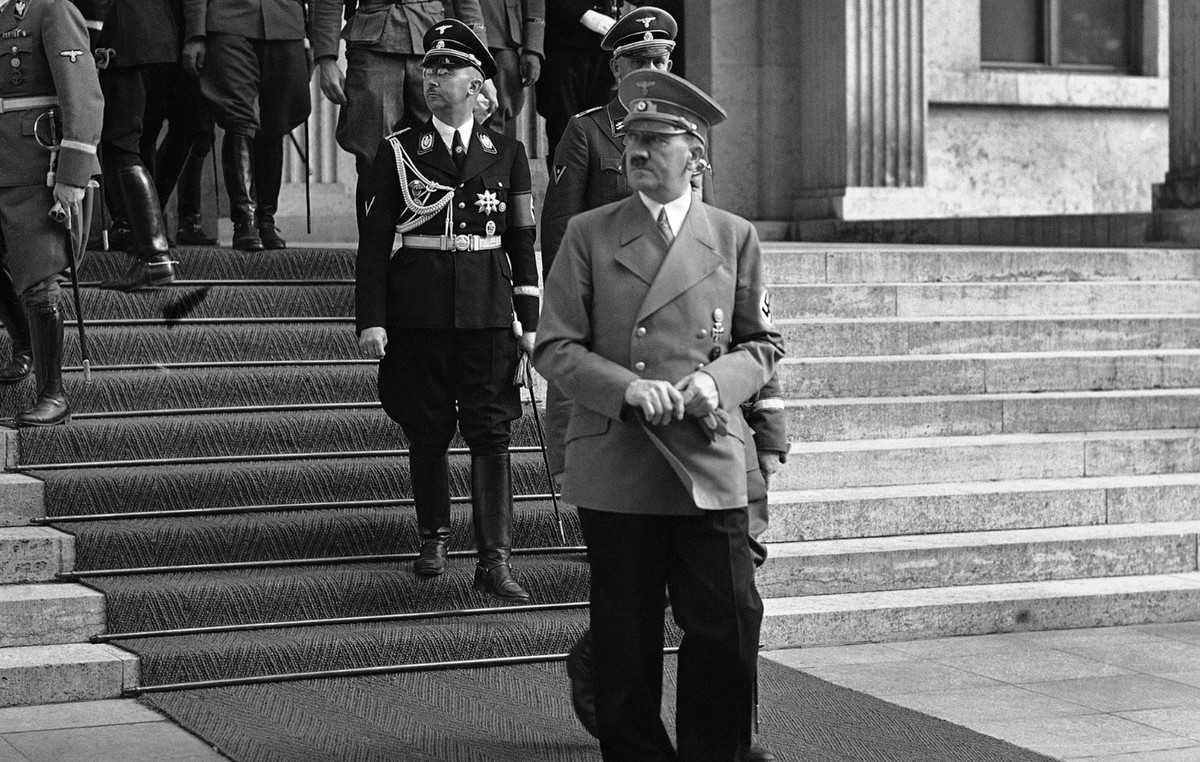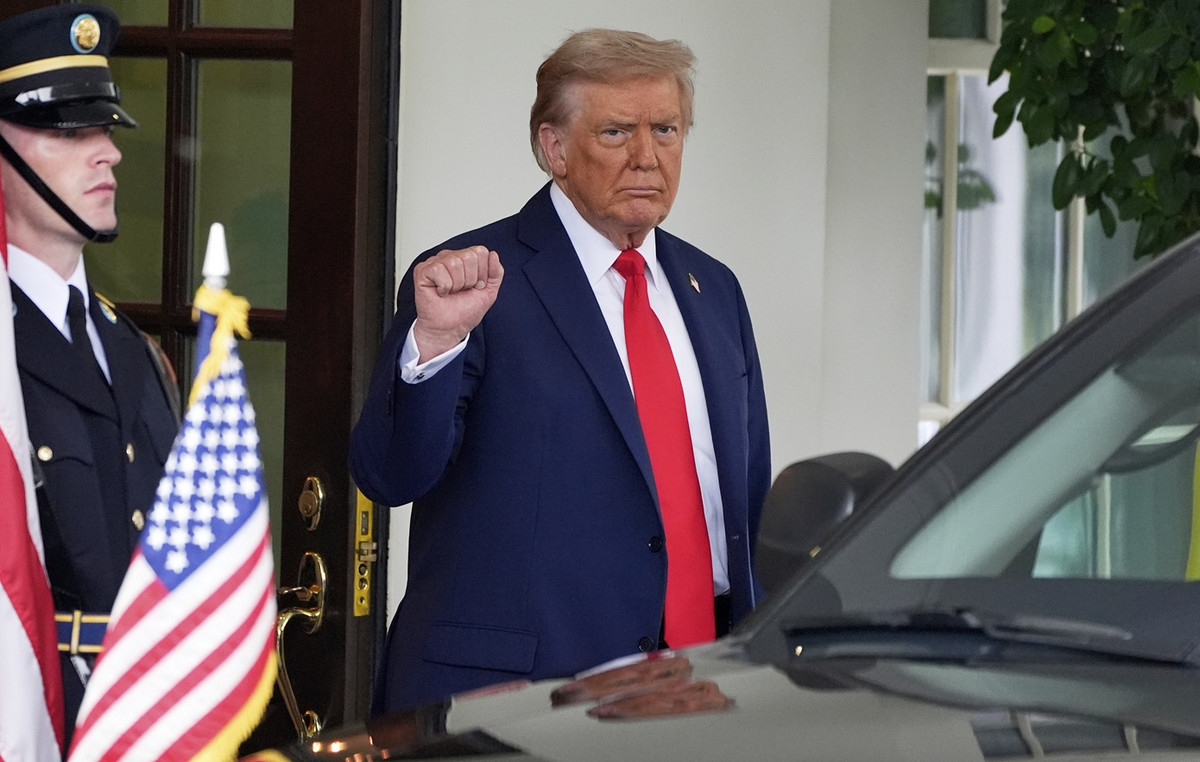Government and Congress work against time to put a brake on the rise in fuel prices, one of the biggest villains of inflation in recent months.
The prices of this type of input are greatly influenced by the international price of oil, which is experiencing a high rally, accelerated by the war in Eastern Europe.
One of the government’s main plans to contain this movement is to limit the collection of ICMS (Imposto sobre Circulação de Mercadorias e Serviços), one of the main sources of revenue for states today.
The proposal adopted by the government that can be voted on in the Senate on Monday (13) is to put a ceiling of 17% on the collection of this tax, since the amount varies from state to state, reaching 30%.
Another plan is to apply temporary tax exemptions on gasoline, diesel and liquefied petroleum gas (LPG). According to President Jair Bolsonaro, the measure would bring immediate effects to the consumer’s pocket.
price lag
According to calculations made by Petrobras and published on the company’s website in May, the average value of ICMS on gasoline is R$ 1.75, which is equivalent to an average rate of 24.1%.
Thus, if the tax were reduced to 17%, gasoline would have a discount of R$ 0.51 per liter. In the case of diesel, Petrobras points to an average ICMS of 11.6%, which is equivalent to R$ 0.82 of the price.
The calculations confirm the reduction in the final value in theory, but, in practice, a decrease depends on other variables, which include the state-owned company’s readjustment plans, as well as the decision of the various market agents to transfer or not the new value over the long term. from jail.
The lag for gasoline, of around 20%, would require an increase of around R$1, while diesel, with 10%, would need to increase by around R$0.50. These increases alone would reduce the impact of the proposals, and further adjustments are not ruled out.
“The most serious thing is that a possible reduction in the value of fuels at the pump is not so expressive in relation to the lag that already exists in these values and the possibility of new increases that are coming”, said David Zylbersztajn former director general of the National Petroleum Agency (ANP) to CNN .
“In my calculations, there may be a reduction in the price of gasoline by 10% and diesel by 12% to 13%, but only if everything is passed on to the consumer”, says Adriano Pires, director of the Brazilian Center for Infrastructure (Cbie ).
Inflation
Specialists also point out that the change in the Constitution with the PEC of Fuels also increases the so-called fiscal risk, with the market fearing a possible lack of control in government spending and accounts, and leading to an exit of investments .
The consequence is an appreciation of the dollar against the real, making imported products more expensive, including fuel. With this scenario, the analyst at CNN Thais Heredia points out that a Bradesco bank analysis projects a potential reduction in inflation this year with the project, but an increase in the following year.
Other analysts also estimate a reduction in inflation this year of up to 2 points, with the combination of the effects of the ICMS ceiling and the suspension of federal taxes on fuel. However, everyone is considering the effect this would have on the following year’s inflation, as the measures would cease to be valid at the end of this year.
“[As medidas] will help in this period, but everything that was reduced in taxes in 2022 will return in 2023, which means that it pushes the inflationary problem from 2022 to 2023, posing a problem for the Central Bank”, says the CNN expert in economics Alexandre Schwartsman.
*Posted by Ligia Tuon
Source: CNN Brasil
I’m Susan Karen, a professional writer and editor at World Stock Market. I specialize in Entertainment news, writing stories that keep readers informed on all the latest developments in the industry. With over five years of experience in creating engaging content and copywriting for various media outlets, I have grown to become an invaluable asset to any team.







